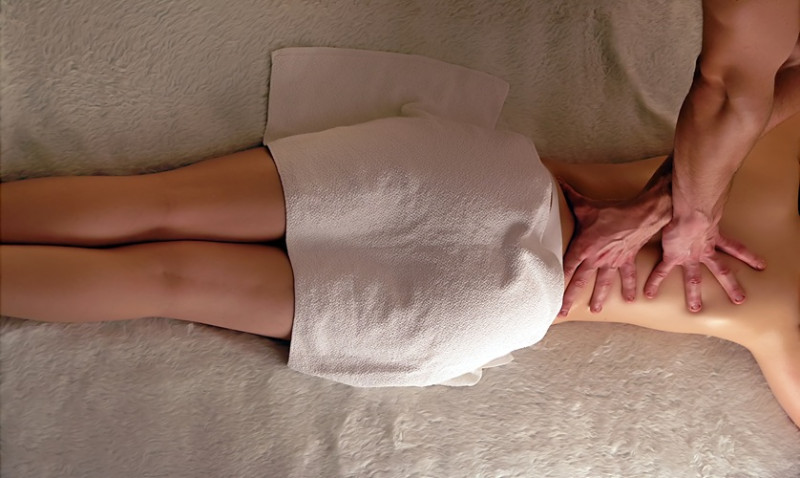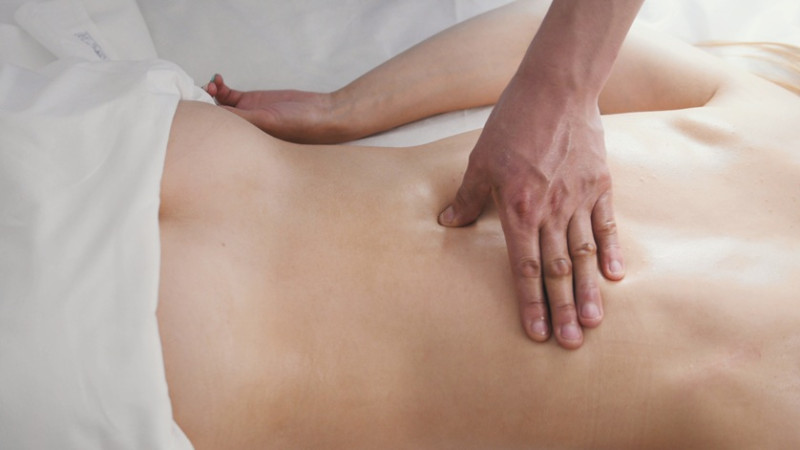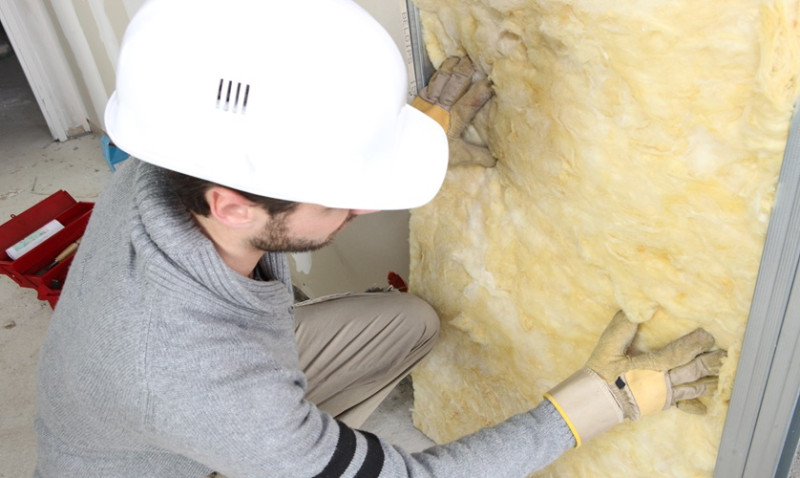
Choosing to become a massage therapist is an exciting journey. Whether you're driven by passion for wellness, interested in an alternative career, or planning to launch your own therapy business, massage school is the first step. But like many professions, there are important truths that aren’t always covered in the classroom. If you're living in the UK and thinking about enrolling, already a student, or even a recent graduate, here are the top six things your massage school probably won't tell you — but absolutely should.
1. You're Not Just a Therapist — You're a Business Owner
Most massage schools focus heavily on teaching hands-on techniques, anatomy, and client care — and rightly so. But what many skip over is the reality that, unless you plan on being employed by a large spa or clinic, you’re effectively becoming an entrepreneur. That means navigating marketing, taxes, appointment scheduling, and customer service — all on your own.
You’ll need to understand pricing strategies, how to handle cancellations, and what it takes to build client loyalty. You might also need to invest in systems like booking apps, card payment processors, and even branding. These are vital for creating a professional, trustworthy image in a competitive market.
Think of your practice as a small business from day one. Seek out resources like free small business courses, or connect with advisors from your local council who can offer support to microbusinesses like yours. This is especially important in UK cities where competition is strong and clients expect a polished experience.
2. The Learning Doesn't Stop After Graduation
Don’t fall into the trap of thinking your education ends once you earn your certificate. The best massage therapists continuously build their skills. Regular CPD (Continuing Professional Development) isn't just a career booster — in many UK regions, it’s required to remain professionally insured and accredited.
Post-grad CPD can cover everything from advanced techniques (like myofascial release or trigger point therapy) to niche specialisations such as prenatal massage or lymphatic drainage. These can significantly increase your income potential and help you stand out.
Also, trends such as sports recovery or wellness for corporate clients are growing fast. Staying ahead of these trends through advanced courses or workshops will future-proof your practice and show clients you're committed to the highest standards of care.
3. You’ll Need to Master More Than Just Massage
Massage is just one part of the overall service experience. Clients return not just for your skills but for the atmosphere and comfort you create. That means you'll need to hone secondary skills and awareness — like proper bed set-up, room temperature, lighting, music, even your personal hygiene and scent. These factors can all impact how professional you appear.
Another hidden dimension is empathetic communication. In places like London, Manchester, or Edinburgh, the population is diverse — learning how to be emotionally intelligent and culturally sensitive can make or break client relationships.
Also, don’t underestimate the value of professionalism. Things like punctuality, clean uniforms, prompt reply to inquiries, and knowing when not to give advice (especially medical advice) are all essential for building credibility and retaining clients.
4. Working on Clients Can Be Physically Demanding
While massage might look relaxing from the outside, it’s physically hard work. Repetitive movements, poor posture, and long hours can take a serious toll on your joints, hands, and back. Ironically, many therapists end up needing massages themselves to stay functional.
This is something not often addressed by massage schools. You’ll likely have one unit on body mechanics, but that’s it — and real-world intensity is a different story. Therapists working 4–6 hours a day can quickly develop muscle fatigue, tendonitis, or carpal tunnel syndrome.
To combat this, you’ll need a proactive self-care routine. That means regular stretching, workout sessions to improve core strength, using massage tools to do self-myofascial release, and sometimes even seeing a physio. Some therapists adopt yoga or pilates as part of their routine to build long-term stamina.
Be realistic about your limits and plan your schedule to include proper rest. Burnout in this industry is common but avoidable with the right routine and expectations.
5. Your First Clients Won’t Be Lined Up at the Door
Graduating is a huge achievement, but the work is far from over. You may leave school with confidence in your technique, but getting your first clients requires as much skill in marketing as it does in massage.
Many therapists underestimate this challenge. Especially in cities with high therapist-to-client ratios, standing out is tough. If you expect instant success, you might be discouraged in the first few months when only friends or family are booking.
What you need is a comprehensive strategy. Start by creating a professional website, leverage social media to show behind-the-scenes content, and ask happy clients to leave reviews on platforms like Google or Yelp. Referral marketing works wonders too — consider introducing a “bring a friend” discount or a loyalty programme to encourage repeat business.
If you’re targeting specific client groups (like athletes, pregnant women, or busy professionals), tailor your messaging accordingly. Don’t rely on one-size-fits-all promotions. Precision plus consistency equals growth.
6. Not All Training Is Equal — Credentials Matter
When selecting a massage school, many students focus on cost, convenience, or course length. Unfortunately, not all schools offer the same level of education and recognition. In the UK, accreditation from a professional body such as the FHT (Federation of Holistic Therapists) or CNHC (Complementary & Natural Healthcare Council) is crucial for insurance and trustworthiness.
If you plan to run your own practice, offer treatments from home, or work in esteemed clinics or spas, having the right credentials can make a huge difference. It affects everything from your job applications to your visibility on directories and search engines.
Accredited programmes are also more likely to cover essential extra topics like ethics, hygiene laws, or business skills. It’s worth doing your homework; contact several schools, ask graduates about their experience, and ensure the qualification they offer is recognised by major insurers.
In addition, be mindful of poorly regulated online “courses.” While these may appear more convenient, they’re often not accepted by reputable associations — leaving you unqualified to practice or obtain liability insurance legally in the UK.
Final Thoughts
Massage school is an incredible journey. But it's just the beginning. From business smarts and self-care to client communication and continuous learning, truly succeeding in this field means embracing far more than what’s taught in the classroom.
By understanding these less-discussed aspects early on, you’ll set yourself apart as a therapist who not only works with hands — but with heart and purpose. Whether you're setting up shop in Birmingham or working with interior designers to create a beautiful at-home therapy room, your future success will come from going beyond the syllabus.





